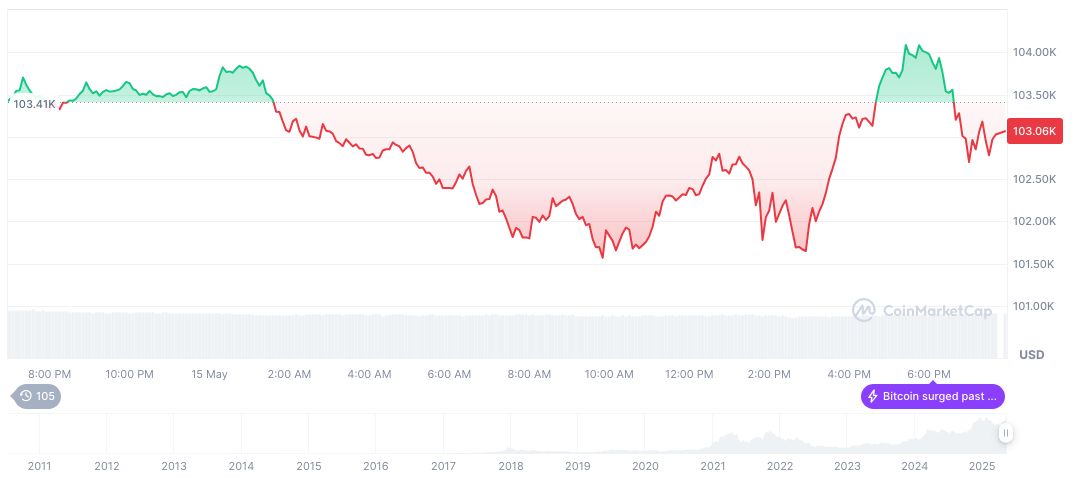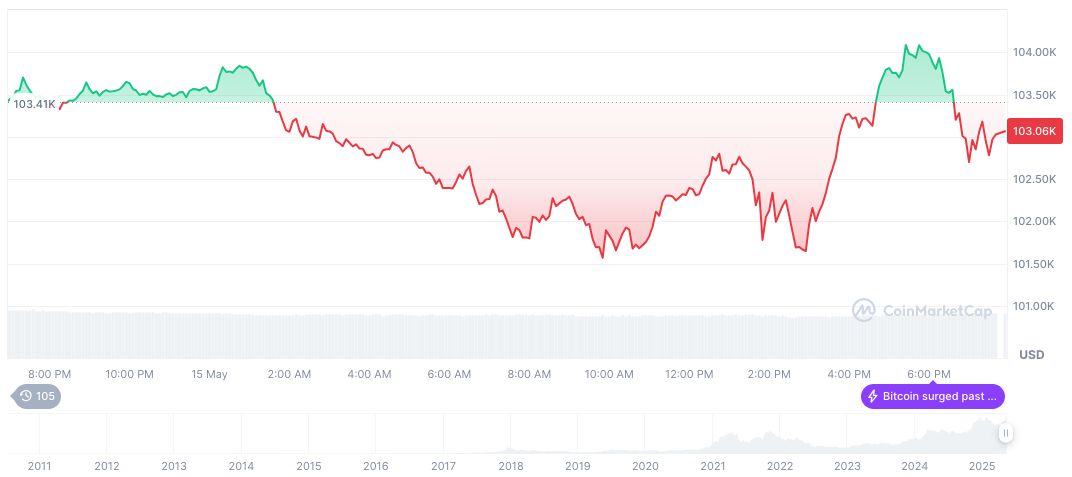- Japan shifts trade deal strategy with the U.S. amid sector concerns.
- Domestic pressure influences the strategy shift.
- Automotive and agricultural sectors seek protection.
Japan, on May 16th, indicated willingness to renegotiate a U.S. trade deal to protect its automotive and agricultural sectors.
The reevaluation in strategy seeks to prevent the fallout that could impact the domestic economy and political sphere.
Japan Aims to Safeguard Key Industrial Sectors
Japan’s readiness to renegotiate a trade agreement with the U.S. marks a strategic shift following initial eagerness for a deal. Prime Minister Shinzo Abe faces pressure from domestic leaders to seek better terms.
This move aims to avoid potential risks to Japan’s automotive and farming industries. Analysts expect greater negotiation focus on these sectors to meet domestic demands.
“We need to approach these negotiations with a focus on mutual benefits, ensuring our automotive industry remains competitive.” – Shigeru Ishiba, Prime Minister of Japan, noted in discussing the renegotiation objectives.
Trade Negotiations Set to Influence Global Frameworks
Did you know? Japan’s negotiation approach evolved significantly, shifting from swift agreement pursuit to detailed sector-focused protection strategies after domestic sector analyses.
Bitcoin (BTC) currently trades at $103,870.71, with a market cap at $2.06 trillion. This cryptocurrency holds a market dominance of 62.16%, reflecting a 1.03% price increase over the past 24 hours. CoinMarketCap notes a significant 30-day rise of 24.36% as of May 16, 2025.
Coincu analysts suggest that the Japan-U.S. trade strategy could set a precedent for global trade negotiations, particularly affecting regulatory frameworks. Predictive analytics indicate potential technological shifts aiding negotiation evolution.
Source: https://coincu.com/337878-japan-revisits-us-trade-deal/

